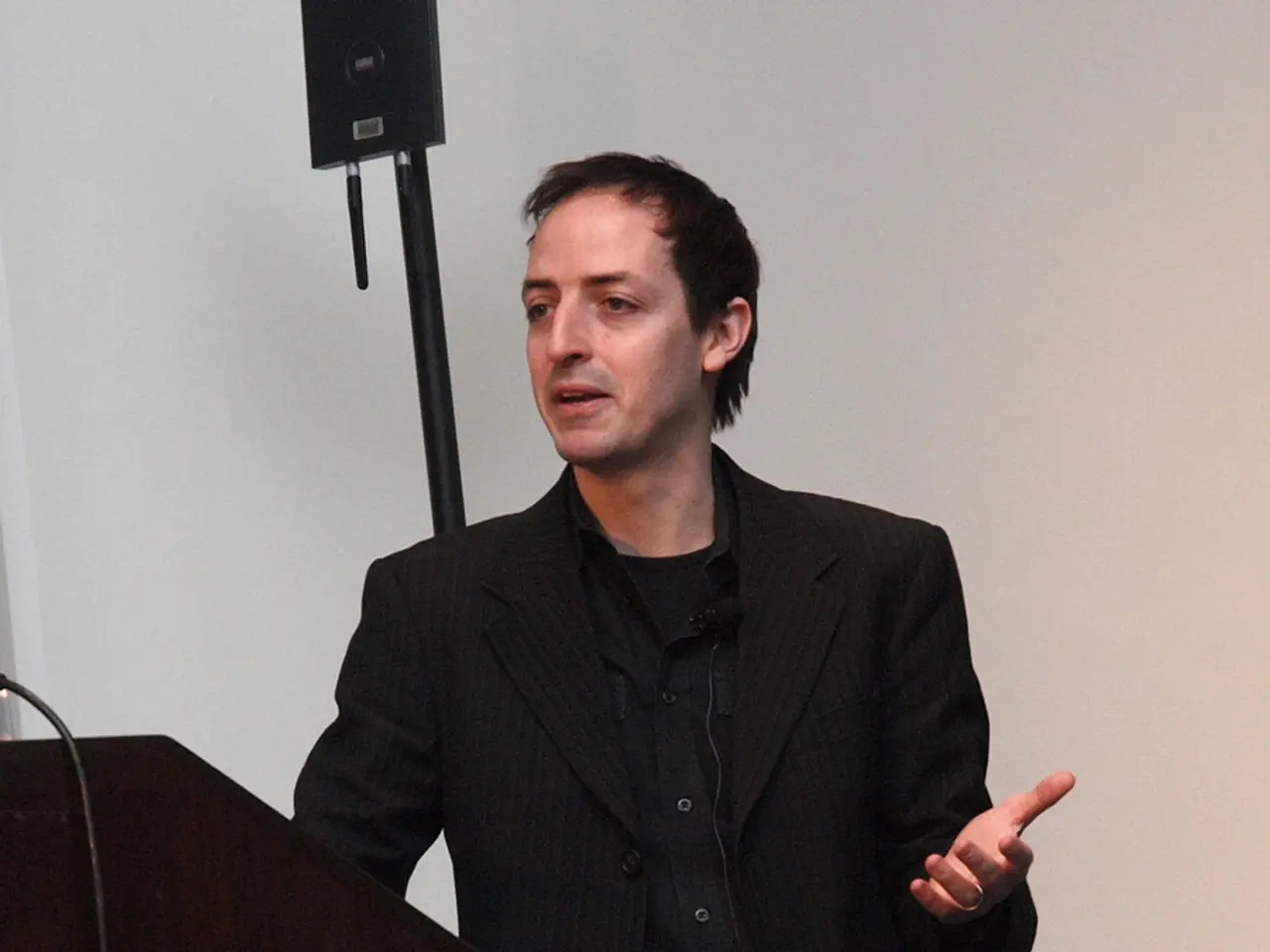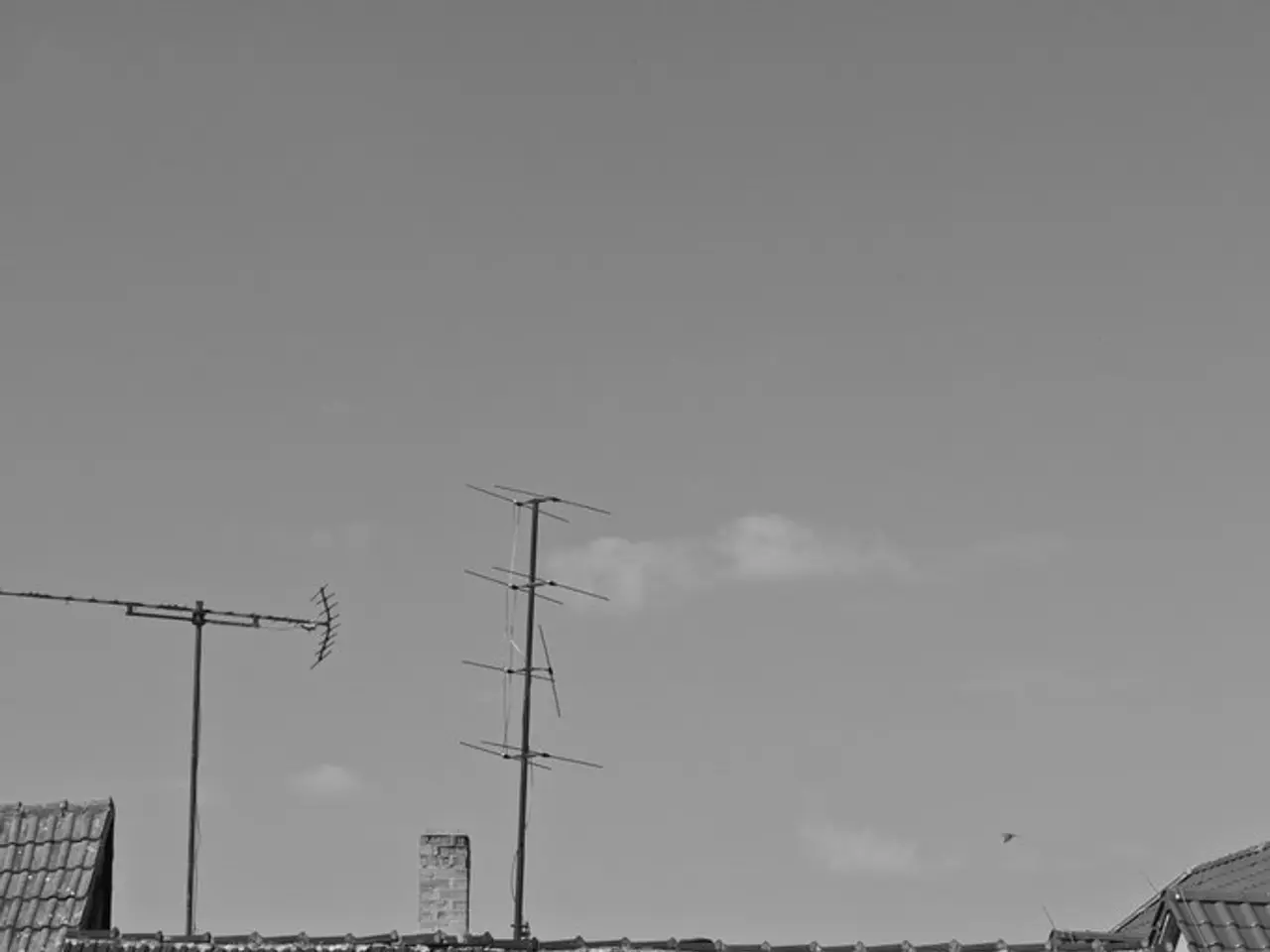Poland continues border control measures until 4th October
Poland has extended its border controls with Germany until October 4, a decision primarily driven by continued concerns about irregular migration and shifts in migration routes [2]. The Polish Interior Minister, Marcin Kierwiński, explained that with tighter barriers against Belarusian and Russian services, illegal migration is moving towards other EU sections, such as Lithuania and Latvia [2].
In response, Germany has announced it will also extend its border controls beyond mid-September to curb illegal migration. German Interior Minister Alexander Dobrindt defended the measures, asserting their necessity until there is an EU-wide migration solution and stronger external border security [3][4]. These controls have generated diplomatic tensions, particularly with Poland, which has accused Germany of pushing migrants back onto Polish territory [3].
The border controls at the German and Lithuanian borders were originally scheduled to end on August 5. However, both countries are maintaining border checks under Schengen rules that allow temporary controls in exceptional circumstances such as security threats or emergencies [2]. Germany implements controls at 52 locations on its border while Poland and Lithuania have also intensified their measures [2].
Between July 7 and July 30, 243,683 people and 110,212 vehicles were checked at the border crossings with Germany by Poland. Entry to Poland was refused to 105 people during the same period [2]. At the same time, Poland took in 72 people rejected by Germany, and in two other cases, entry was refused, suggesting a potential issue of migrants being pushed back from Germany to Poland [2].
The Polish government's decision to introduce border controls was due to pressure from right-wing citizen militias [1]. The recently published interim report by the Interior Ministry in Warsaw states these border control statistics [2].
In September, Poland will decide on the next steps based on data from border guards, military, and police. The affected neighbouring EU countries have been informed about the extension of border controls [2]. The Polish side sent back six migrants to Germany, and a German Federal Ministry of the Interior spokesman referred to earlier statements by Federal Interior Minister Alexander Dobrindt, who welcomed the Polish controls as an "important step in the joint fight against illegal migration" [3].
Federal Interior Minister Dobrindt ordered more intensive border controls and the ability to turn back asylum seekers at the border shortly after the new federal government took office in May [1]. Germany has been conducting random checks at the Polish border since October 2023 [1].
Poland's European partners understand the decision to extend the border controls, according to the Polish Interior Minister [2]. This situation reflects ongoing pressure on Schengen internal borders caused by irregular migration dynamics in Eastern Europe [1][2][3][4]. The extension of border controls is part of a broader regional trend in response to migration challenges but is causing tension between Poland and Germany [3].
- The Polish government, under the influence of right-wing citizen militias, has decided to prolong their border controls with Germany until October 4, a move that follows increased concerns about irregular migration.
- German Interior Minister Alexander Dobrindt, in defense of the extended border controls, stated their necessity until there is a comprehensive EU migration solution and stronger external border security, acknowledging the diplomatic tensions they have generated with Poland.







